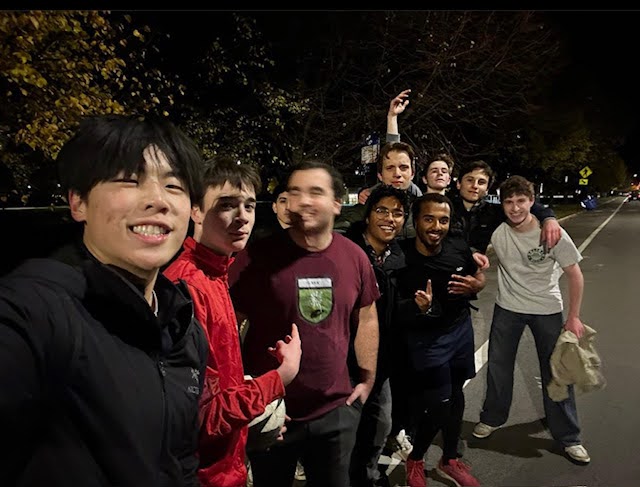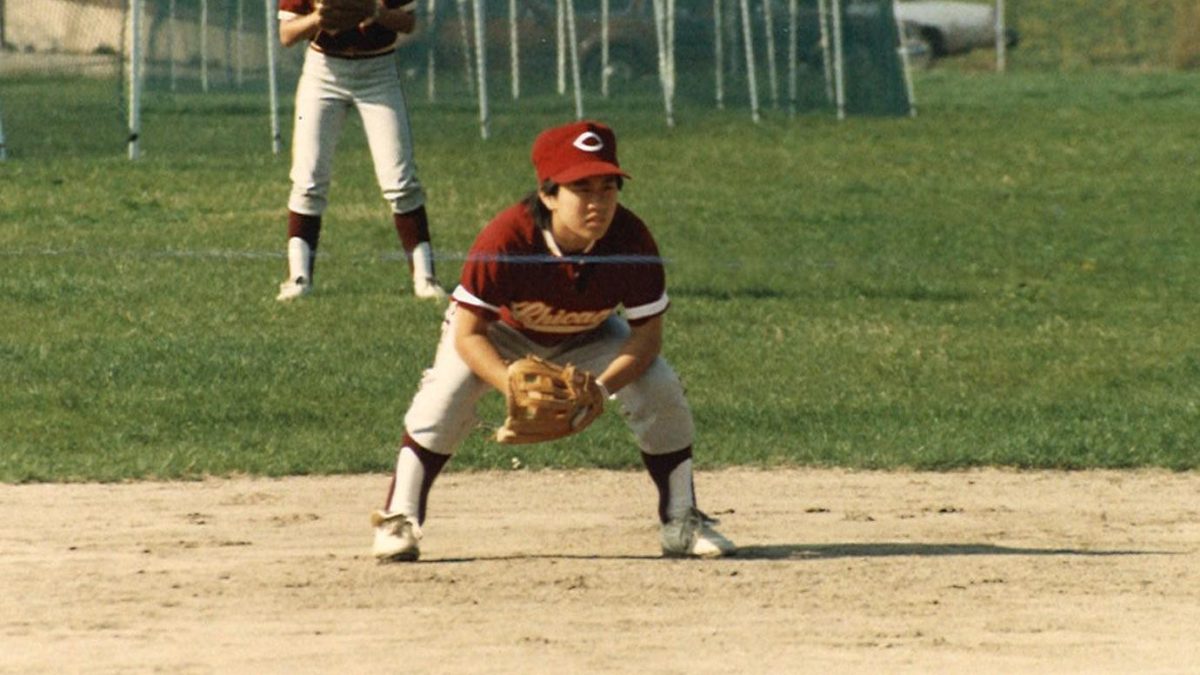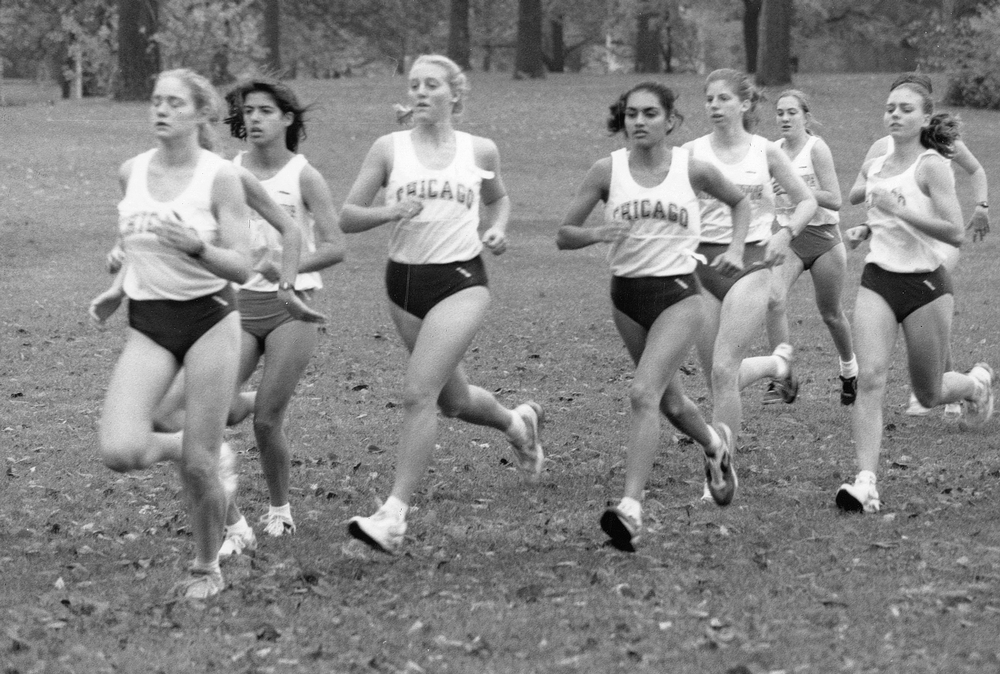One day in middle school, it dawned on me. The dream job actually exists; people really do get paid to watch baseball.
Going on six years, I’ve looked at sports writing, and in particular covering America’s pastime, as the ultimate profession. It started because I adored the game and has lasted because of a new love for pounding out a story. Still, though, a typical day of work for a professional journalist remained a mystery, to me, mere musings on what it would be like to view the field from a press box. After a day shadowing my mentor, Susan Slusser of the San Francisco Chronicle, at the A’s spring training camp and a night on the inside at Wrigley Field, the tricks of the trade are coming into focus.
At their second ever College Media Day on Tuesday, the Cubs’ media services gave members of college publications a chance to stand in with the pros. Getting the e-mail invitation to go behind the scenes at one of baseball’s most famous yards to see how the pros do it was like a AAA player getting his first call to the show.
That’s why it was so surprising to discover that there isn’t too much separation between the MLB and DIII, or even between the majors and Little League. Handling questions about plans to get Chicago on the winning track with two rows of tape recorders in front of him, a subdued Piniella came off more like the patient dad at the helm of the Bad News Bears than a volatile manager focused on getting his squad into the Fall Classic.
“I told them basically that this has got to be fun,” said Piniella when asked about his talk with the team after Monday’s 5–4 extra-innings loss. “Relax and play. You’re going to get a paycheck whether you win or lose. Your wife’s going to love you, the dog’s going to bark when you come home…. I like these kids we got here.”
Earlier, right-handed pitcher Ryan Dempster had echoed similar thoughts in the small conference room located behind the home dugout and across from the grounds-keeping equipment. His advice on overcoming slumps rang true for any serious athlete.
“Prepare every day the same,” Dempster said. “I think the more you can keep to your routine and just prepare to go out there and play that day, the better chance you have of succeeding.”
In a way, the similarities in mentality across the different levels of competition make a lot of sense. The fundamental rules don’t change, after all. It’s always one, two, three strikes you’re out, and once the team gets three of those, it can bat. Why should the basic approach for people on the field have to change?
The professional media also seemed to follow a general, nothing-fancy pattern. Usually arriving three hours before the first pitch, the writers face a long shift and pace themselves by keeping things low-key. During games they quietly type away on their laptops, and interviews stick to a calm, one-person-at-a-time routine.
Even though the biggest secret uncovered Tuesday night about the world of professional beat reporters and the teams they follow was that it’s not too dissimilar from my experiences with the Maroon, there were a few other small puzzles solved. Mainly, I found out where writers dig up all those interesting but slightly obscure stats. The ones like “so-and-so is batting a career .325 against Milwaukee in weekday games in April” get dished out for everyone’s benefit over a P.A. system in the press box.
While the scenes and atmosphere at Wrigley didn’t exactly fit with my expectations of a fast-paced, high-energy environment, I can’t say that the night was a disappointment. The job of a sportswriter on a baseball beat may be more of a marathon than a sprint, but at least the dream job is still out there. People do get paid to watch a baseball game.







